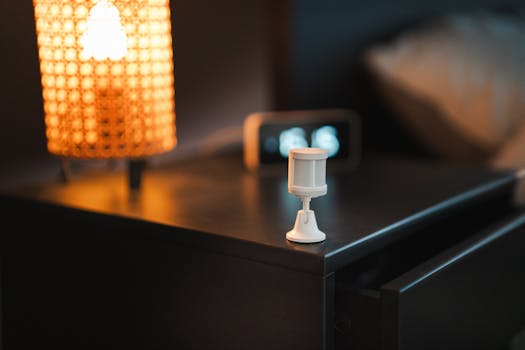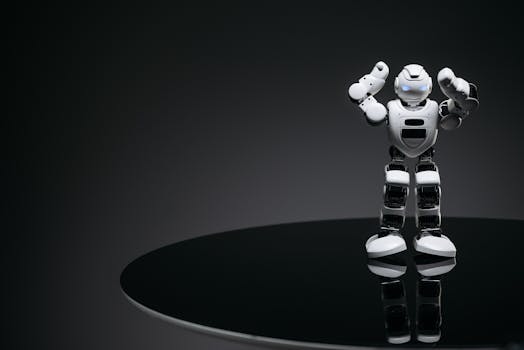
Home Automation in 2025: The Smart Home Ecosystem
Home Automation in 2025: The Smart Home Ecosystem is revolutionizing the way we live, work, and interact with our living spaces. With the advancement of the Internet of Things (IoT) and Artificial Intelligence (AI), smart home technology has become an integral part of modern life. In this article, we will explore the latest trends and innovations in home automation, creating a smart home ecosystem that makes life easier, safer, and more convenient.
Introduction to Home Automation

Home automation refers to the use of technology to control and monitor various aspects of a home, including lighting, temperature, security, and entertainment systems. The goal of home automation is to create a seamless and integrated experience, where all devices and systems work together to provide a comfortable, convenient, and secure living environment.
Key Components of a Smart Home Ecosystem

A smart home ecosystem typically consists of several key components, including:
- Hub or Gateway: A central device that connects and controls all smart devices in the home.
- Sensors and Detectors: Devices that detect and report changes in the environment, such as motion, temperature, and light.
- Smart Devices: Appliances and devices that can be controlled and monitored remotely, such as thermostats, lights, and security cameras.
- Artificial Intelligence (AI) and Machine Learning (ML): Technologies that enable smart devices to learn and adapt to user behavior and preferences.
Applications and Benefits of Home Automation

Home automation has numerous applications and benefits, including:
- Energy Efficiency: Smart devices can optimize energy consumption, reducing waste and saving money.
- Convenience and Comfort: Home automation systems can learn and adapt to user preferences, providing a personalized experience.
- Safety and Security: Smart security systems can detect and respond to potential threats, providing peace of mind.
- Remote Monitoring and Control: Users can monitor and control their smart home devices remotely, using a smartphone or tablet.
Conclusion

In conclusion, home automation in 2025 is a rapidly evolving field, with new technologies and innovations emerging every day. As the smart home ecosystem continues to grow and develop, we can expect to see even more exciting applications and benefits. Whether you’re looking to enhance your comfort, convenience, safety, or energy efficiency, home automation has something to offer. With its seamless integration, smart devices, and AI-powered technology, the smart home ecosystem is revolutionizing the way we live, work, and interact with our living spaces.





